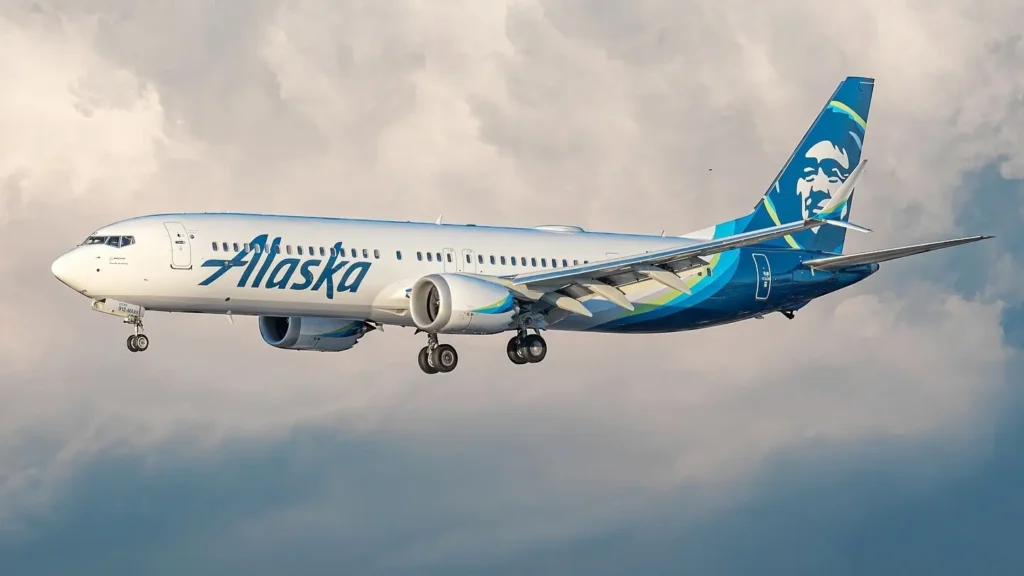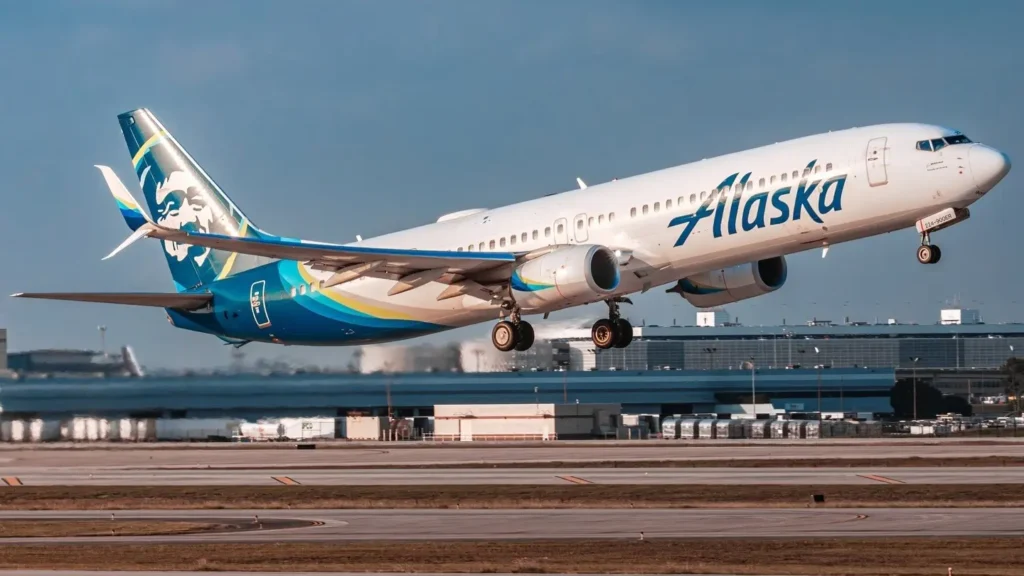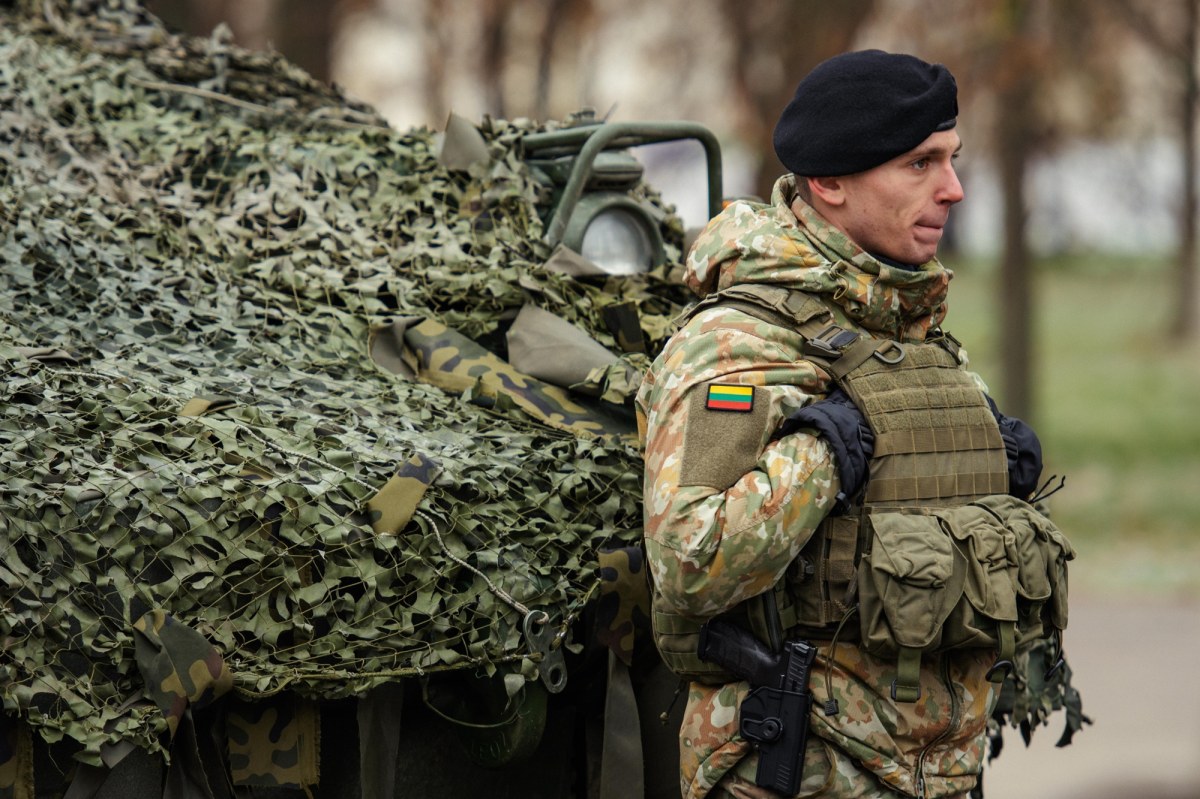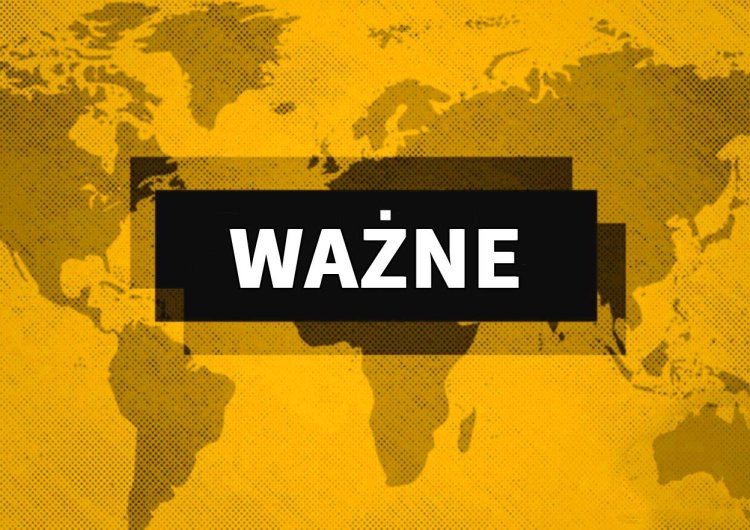
SEATTLE- On January 5, 2024, Alaska Airlines (AS) grounded its Boeing 737-9 MAX fleet after a critical door plug detached mid-flight on Flight 1282. This incident marked a turning point for the airline, driving major operational and safety reforms.
A year later, Alaska Airlines shares its lessons, achievements, and plans to ensure safety remains central to its operations. Collaboration with Boeing and ongoing internal audits have led to significant improvements in production quality and compliance measures.
 Photo: Cado Photo
Photo: Cado PhotoAlaska Airlines Safety Reforms
The detachment of a door plug during Flight 1282 highlighted vulnerabilities in production and inspection processes.
Alaska Airlines initiated a comprehensive review, scrutinizing Boeing’s production systems and strengthening its oversight protocols. Key actions included:
Enhanced Internal Audits
Alaska Airlines strengthened its internal auditing mechanisms by expanding its quality and audit teams. These teams now conduct regular reviews of aircraft maintenance procedures and operational compliance to identify and address potential vulnerabilities.
Streamlined Safety Protocols
New safety management protocols were rolled out across the organization. These include:
- Mandatory pre-flight checks with an expanded focus on high-risk components, such as door plugs and fuselage seals.
- Integration of advanced diagnostic tools to monitor aircraft performance in real-time.
- Enhanced reporting mechanisms encourage employees to voluntarily report safety concerns without fear of retribution.
Fleet-Wide Inspections
Following the Flight 1282 event, Alaska Airlines conducted fleet-wide inspections of all 737-9 MAX aircraft. This extensive evaluation uncovered minor inconsistencies, all of which were promptly addressed to align with the airline’s strict safety standards.
Improved Supplier Collaboration
In addition to working closely with Boeing, Alaska Airlines collaborated with other key suppliers, such as Spirit AeroSystems, to monitor component production. The airline actively participates in supplier audits and ensures compliance with its safety requirements.
Crew Training and Emergency Preparedness
The airline enhanced training programs for its crew members to better prepare them for emergencies. The training now emphasizes situational awareness, rapid decision-making, and advanced equipment handling to ensure passenger safety in critical situations.
Alaska Airlines intensified its involvement in Boeing’s production process by deploying specialized engineers and collaborating with business partners like Ausgael for continuous oversight.
The airline now has engineers on-site at Boeing’s delivery center and maintains a seven-day inspection presence at production facilities.
These measures ensure that every aircraft undergoes thorough scrutiny before delivery, reaffirming Alaska Airlines’ commitment to safety.
Observing positive cultural shifts within Boeing, Alaska noted an enhanced focus on voluntary safety reporting and work process transparency.
 Photo: Cado Photo
Photo: Cado PhotoAlaska Airlines’ Next Steps
Alaska Airlines remains proactive in fostering a safety-first culture. Planned visits to Boeing’s production lines in Renton and Charleston in 2025 aim to ensure ongoing improvements in manufacturing processes.
These efforts will extend to the Boeing 787 line, underscoring Alaska’s dedication to maintaining rigorous safety standards across its fleet.
Safety is not just a goal but a guiding principle. By leveraging collaborative partnerships, stringent audits, and a culture of continuous improvement, Alaska Airlines demonstrates its unwavering commitment to passenger and crew safety.
 Photo: Alaska Airlines
Photo: Alaska AirlinesBottom Line
The Alaska Airlines (AS) Flight 1282 incident marked a turning point. Airline reinforcing its commitment to safety and operational excellence.
Over the past one year, Alaska Airlines has made significant changes in oversight, training, and quality control. By focusing on continuous improvement and fostering transparency with partners like Boeing, Alaska Airlines demonstrates its dedication to delivering safe, reliable travel.
The reforms made in response to this incident serve as a foundation for a stronger, safer future in aviation.
Stay tuned with us. Further, follow us on social media for the latest updates.
Join us on Telegram Group for the Latest Aviation Updates. Subsequently, follow us on Google News
Alaska Airlines Passenger Opens Emergency Exit Door at Seattle Airport
The post One Year Later: Alaska Airlines’ Safety Reforms After the Flight 1282 Incident appeared first on Aviation A2Z.

 11 miesięcy temu
11 miesięcy temu












